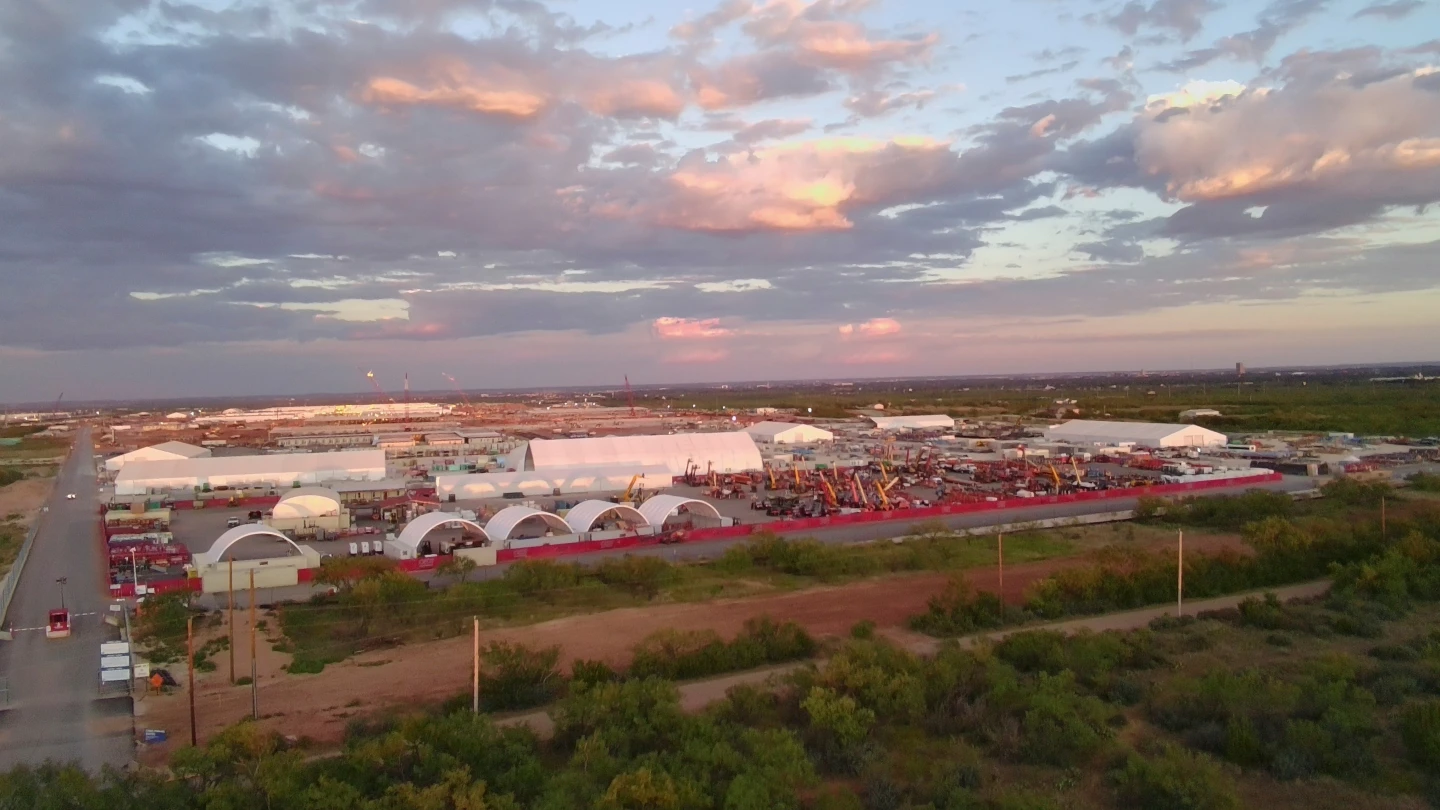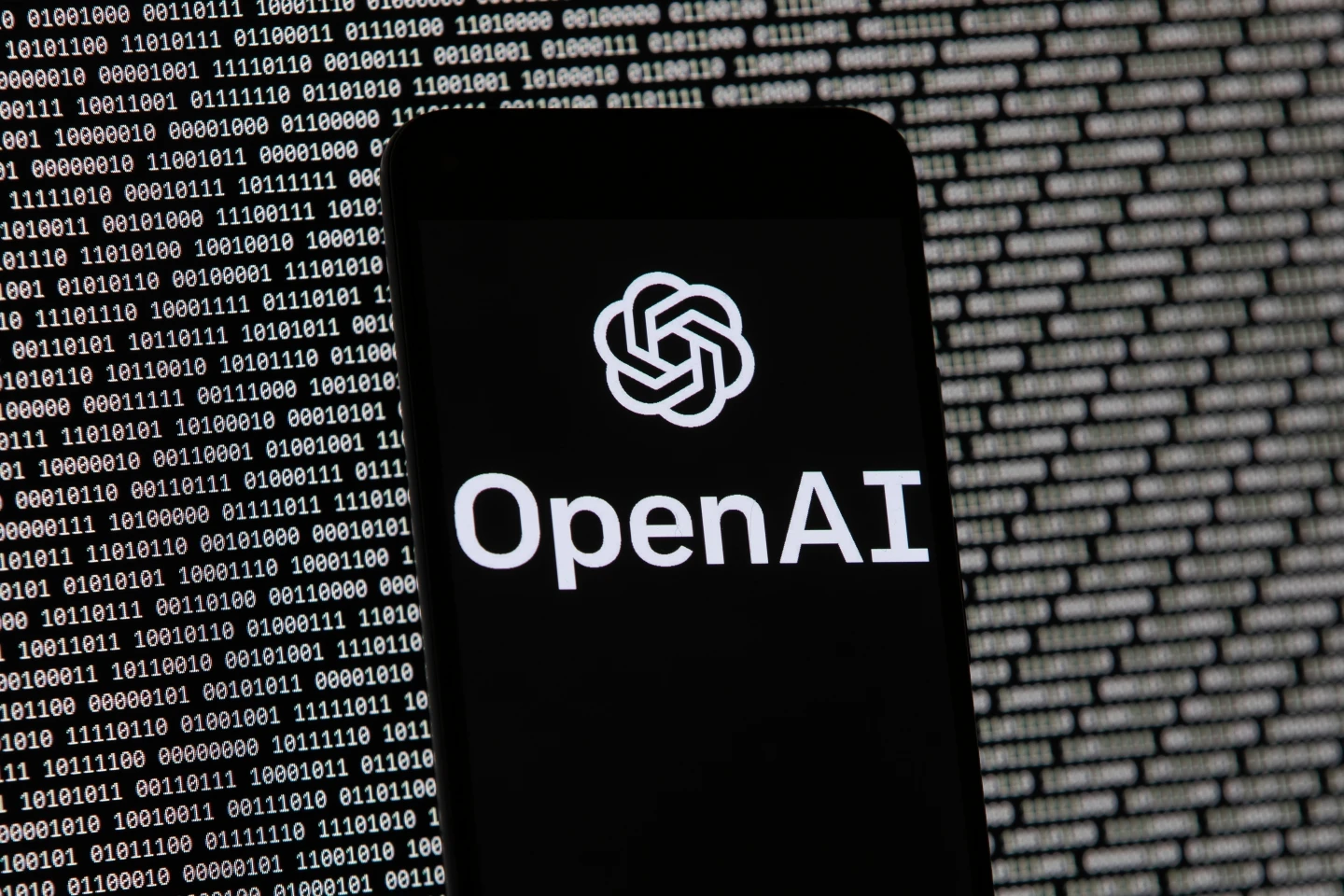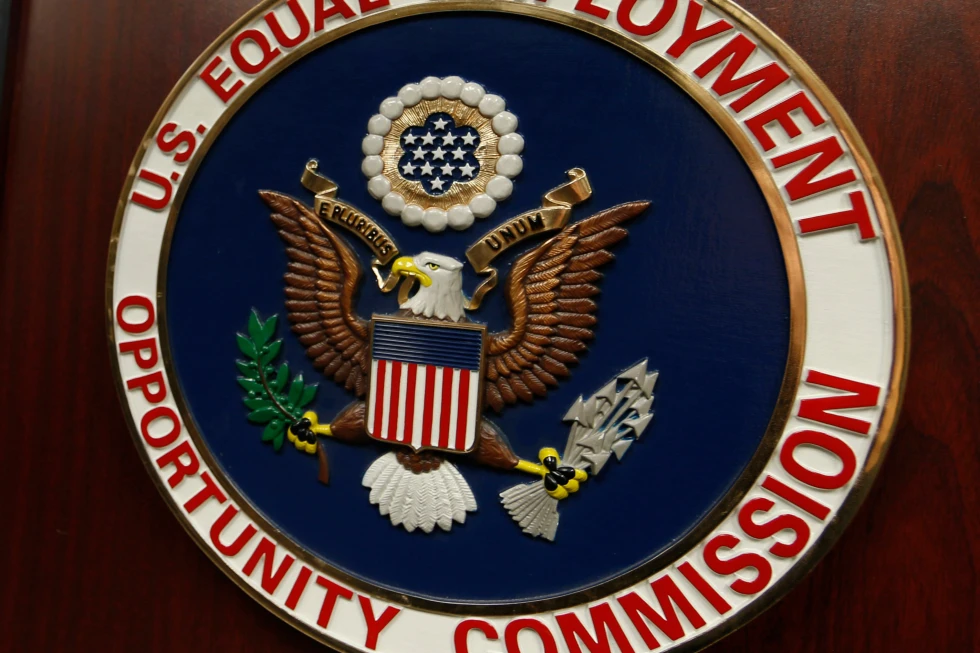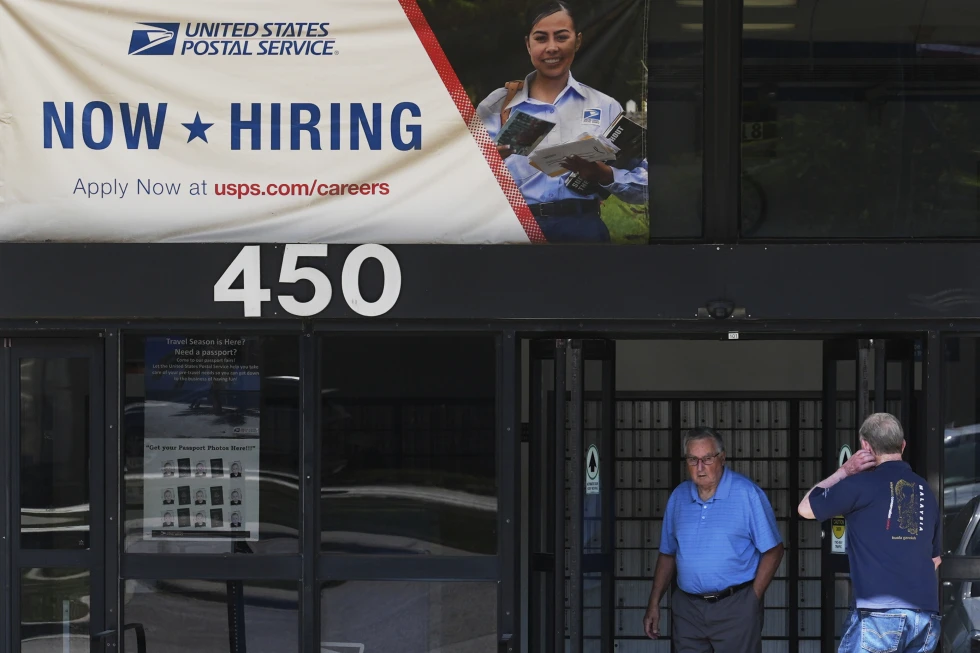o penAI Hits $500 Billion Valuation After Secondary Stock Sale
OpenAI, the San Francisco-based creator of ChatGPT, has reached a staggering valuation of $500 billion, making it a leading contender for the title of the world’s most valuable startup. The figure surpasses the valuations of Elon Musk’s SpaceX and TikTok’s parent company, ByteDance, marking a historic milestone for artificial intelligence companies.
The record valuation was reached after current and former employees sold $6.6 billion worth of shares to investors in a secondary stock sale. The deal was designed to help retain talent and reward early contributors while attracting long-term investment from global players in technology and finance.
Among the buyers were Thrive Capital, Dragoneer Investment Group, T. Rowe Price, SoftBank, and the UAE-based MGX, all betting big on OpenAI’s potential to transform industries through generative AI innovations.
Rising Expectations and Bubble Concerns
The $500 billion valuation reflects high expectations for AI’s future, but it also raises questions about a potential bubble. OpenAI is not yet profitable, which has led some analysts to caution that investors may be overestimating the short-term impact of AI-driven products. If generative AI fails to deliver on its promise, the market could face significant corrections.
CEO Sam Altman, however, has pushed back on such concerns. During a visit to a massive data center project in Abilene, Texas, he acknowledged that “booms and busts” are inevitable in any transformative technology. Altman emphasized that despite short-term volatility, the long-term arc of AI will generate scientific breakthroughs, new creative possibilities, and unprecedented economic growth.
Altman also admitted that OpenAI may make “dumb capital allocations” along the way, but he believes the core technology is powerful enough to weather setbacks and remain a driving force in the global economy for decades to come.

New Business Ventures and Partnerships
OpenAI has been expanding rapidly into new business areas to diversify revenue streams and showcase the versatility of its technology. Just this week, the company announced a partnership with Etsy and Shopify to bring online shopping features directly into ChatGPT, allowing users to browse, compare, and purchase items seamlessly through conversational AI.
In addition, OpenAI unveiled a new social media app called Sora, designed for generating and sharing AI-created videos. The app represents the company’s attempt to merge creativity, community, and AI-powered storytelling, signaling its ambitions to compete in the social and entertainment space.
These launches highlight how OpenAI is moving beyond enterprise tools and into mainstream consumer technology, a move that could broaden its influence while testing its ability to sustain user interest in competitive markets.
Talent Wars and Market Competition
Despite its soaring valuation, OpenAI has struggled to match the compensation packages and perks offered by tech giants like Meta, Google, and Microsoft. Meta, in particular, has aggressively recruited top AI engineers and made a $14.3 billion investment in Scale AI, strengthening its own generative AI capabilities.
To retain talent, OpenAI is relying on stock sales and secondary deals, giving employees greater incentives to remain at the company during a period of rapid industry growth. The latest $6.6 billion stock sale was one such measure, offering financial rewards to employees while securing backing from long-term investors.
The company’s rapid scaling underscores both the opportunities and challenges of competing in a field dominated by corporations with vast resources and global influence.
Corporate Structure and Regulatory Scrutiny
OpenAI operates under a unique structure, with its $500 billion for-profit subsidiary controlled by the board of its nonprofit parent. This governance model has drawn attention from regulators, including the attorneys general of California and Delaware, who oversee charitable organizations.
The company has sought to reassure stakeholders that it remains committed to its nonprofit mission while pursuing commercial opportunities. In September, OpenAI reached a tentative agreement with Microsoft about the nonprofit’s stake in its for-profit arm, though few details have been shared publicly.
At the same time, OpenAI announced a $50 million grant program for nonprofits working on projects that expand public understanding of AI, support community-led applications, and increase economic opportunity. Applications are open until October 8, signaling that OpenAI is still balancing commercial success with broader social impact.
Future Growth and Global AI Leadership
OpenAI’s $500 billion valuation cements its status as a leader in artificial intelligence, but sustaining that growth will require balancing innovation with public trust. The company’s partnerships with Oracle, SoftBank, and Nvidia reflect its strategy of building powerful infrastructure and securing critical hardware for large-scale AI systems.
As AI adoption accelerates worldwide, OpenAI’s ability to maintain momentum while addressing ethical, regulatory, and financial challenges will determine whether its historic valuation proves sustainable. For now, investors are betting heavily that OpenAI’s innovations will fuel the next era of global technological transformation.
From workplace productivity to creative industries, OpenAI’s technology is already reshaping daily life. With a massive war chest and ambitious leadership, the company has positioned itself not only as a startup success story but as a key architect of the AI-powered future.

















